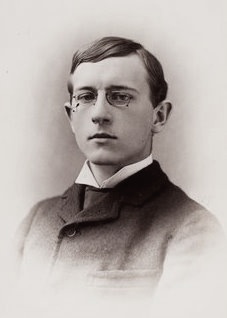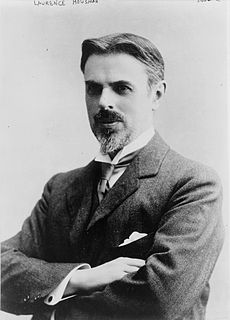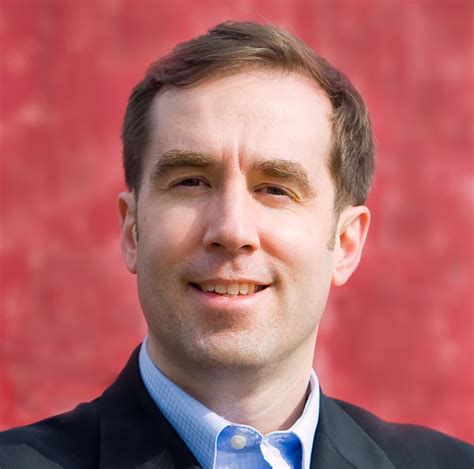A Quote by George Wald
[Attributing the origin of life to spontaneous generation.] However improbable we regard this event, it will almost certainly happen at least once.... The time... is of the order of two billion years.... Given so much time, the "impossible" becomes possible, the possible probable, and the probable virtually certain. One only has to wait: time itself performs the miracles.
Related Quotes
The important point is that since the origin of life belongs in the category of at-least-once phenomena, time is on its side. However improbable we regard this event, or any of the steps which it involves, given enough time it will almost certainly happen at least once. And for life as we know it, with its capacity for growth and reproduction, once may be enough.
When it comes to the origin of life there are only two possibilities: creation or spontaneous generation. There is no third way. Spontaneous generation was disproved one hundred years ago, but that leads us to only one other conclusion, that of supernatural creation. We cannot accept that on philosophical grounds; therefore, we choose to believe the impossible: that life arose spontaneously by chance!
There are only two possible explanations as to how life arose: Spontaneous generation arising to evolution or a supernatural creative act of God.... There is no other possibility. Spontaneous generation was scientifically disproved 120 years ago by Louis Pasteur and others, but that just leaves us with only one other possibility... that life came as a supernatural act of creation by God, but I can't accept that philosophy because I do not want to believe in God. Therefore I choose to believe in that which I know is scientifically impossible, spontaneous generation leading to evolution.
I am approached with the most opposite opinions and advice, and that by religious men, who are equally certain that they represent the Divine will. ... I hope it will not be irreverent for me to say that if it is probable that God would reveal his will to others, on a point so connected with my duty, it might be supposed he would reveal it directly to me... These are not, however, the days of miracles ... I must study the plain physical facts of the case, ascertain what is possible, and learn what appears to be wise and right.
When you are aware that you are the force that is Life, anything is possible. Miracles happen all the time, because those miracles are performed by the heart. The heart is in direct communion with the human soul, and when the heart speaks, even with the resistance of the head, something inside you changes; your heart opens another heart, and true love is possible.
Let me put it in a rather larger picture framework. Let's go to the longest time frame, the time frame of the life of our sun. As a star, our sun is about halfway through its life cycle. In the long run, we only have a couple of billion more years likely that we can inhabit this planet. By that time, we're going to have to be out of here before our sun dies. Now, I don't think we need to wait that long, and we certainly shouldn't wait that long. At the moment, we are not on a sustainable path.
































